
 |
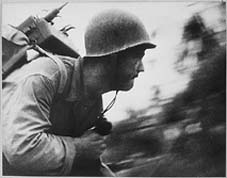 |
I think it’s a skillful and accurate reenactment of what happened at Brices Crossroads. It was one of the best Civil War things I’ve seen. Shelby Foote on Kent Moorhead's "The Battle of Brices Crossroads" |
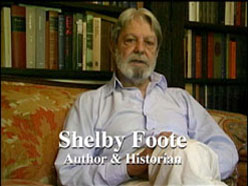 |
"Documentaries show a piece of reality that is important in itself, but that also says something about the world and about life in large"Kent Moorhead |
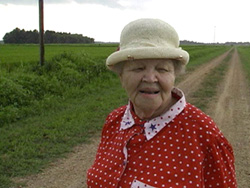 |
Mae Bertha Carter was one of the Civil Rights pioneers who fought for equal schooling for her children. Here she stands on the old "Busy Line" road where she lived and picked cotton for most of her life. |
"My introduction to southern history began when I was eight and James Meredith arrived in my hometown of Oxford to integrate Ole Miss. What followed was called a riot but it was really a race war. I've been trying to understand it ever since. That's why I make so many films about the South and race." Kent Moorhead |
||||
Mae Bertha Carter was one of over seventy-five Civil Rights activists interviewed by Kent Moorhead. He has also interviewed hundreds of other individuals for his films, including over twenty-five Mississippi World War II veterans, and many writers and scholars of Southern history and life, including Civil War historian and novelist, Shelby Foote. |
|||||||
|
MISSISSIPPI
PUBLIC BROADCASTING CREDITS
|
|||||
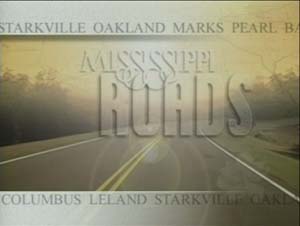 |
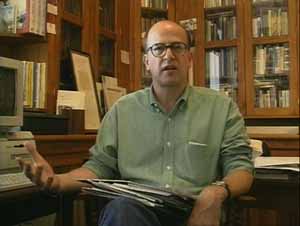 |
Mississippi Roads is a magazine style program on Mississippi Public Broadcasting. I produced several short documentary features for Mississippi Roads. These images are from the Thacker Mountain Radio Hour, a weekly radio program produced by a bookstore in Oxford, Mississippi. The Radio Hour features a wide range of live music and readings from visiting writers. Oxford was the home of Nobel Prize winning author William Faulkner, so Square Books is a frequent stop for writers on national book signing tours.
|
|||
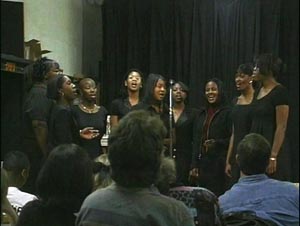 |
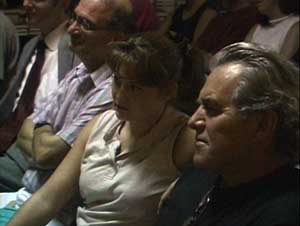 |
||||
Mississippi Remembers World War II Part 1: The Global War Part 2: Bringing Victory Home |
|||||
|
The challenge in Mississippi Remembers WWII was to tell everyone's story. Both soldiers on the front lines, as well as the stories of the support troops and people on the home front. Both that of women and men. Both black and white. Mississippi was nearly 50% black at the time of World War II and yet the experience of Black Americans is often omitted when talking about World War II. It was the black World War II veterans returning to the South that started the Civil Rights movement, and this film also talks about that aspect of World War II.
|
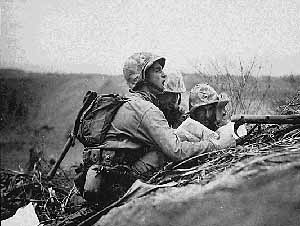 |
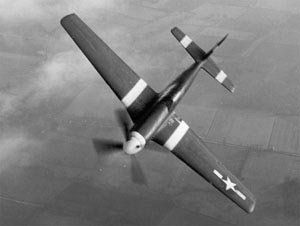 |
|||
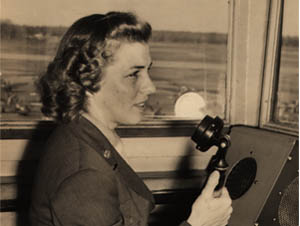 |
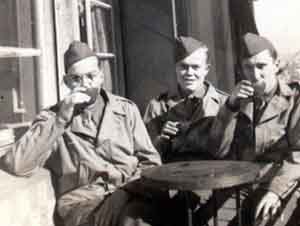 |
||||
Top: Paul Sharrer was with the Marines at Iwo Jima.
|
Top: Alvin Temple flew a P-51 Mustang.
|
||||